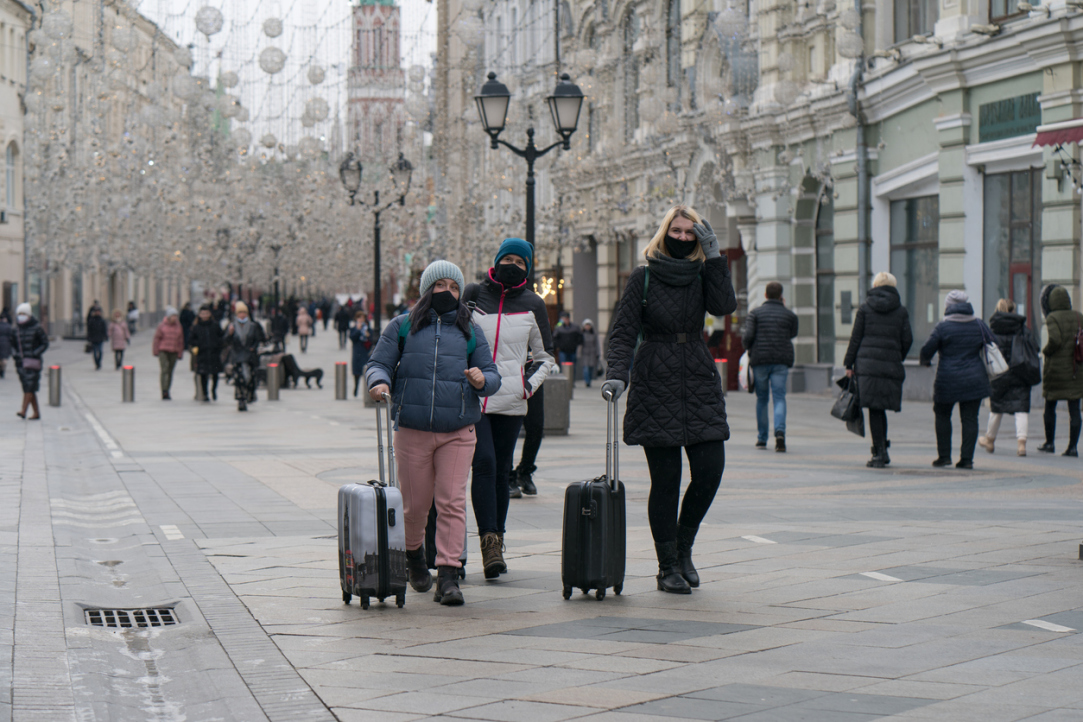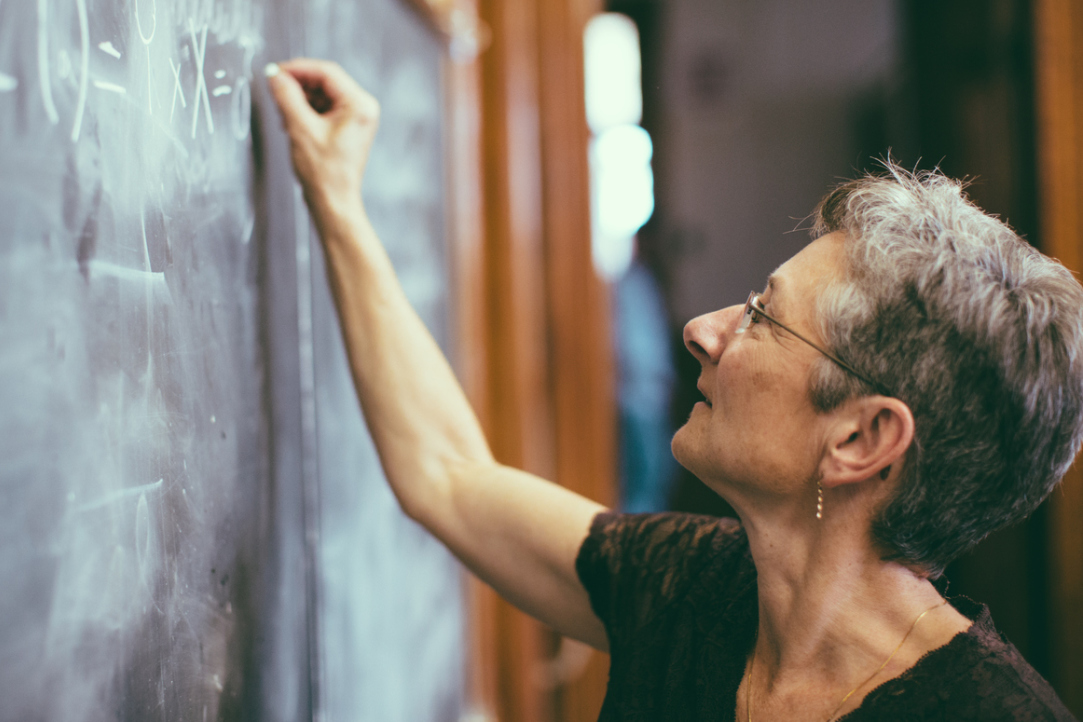
Baselines and Historical Territorial Waters: How Russia Can Protect Its Rights in the Artic
Climate change-induced ice melting in the Arctic has led to contradictions in the assessment of Russia’s rights in the region. As ice cover diminishes, Russia may be losing its influence on the territories that it has historically developed. This is partially due to the changing width of territorial waters by low-water lines. However, there are alternative legally valid ways to establish fair borders, which are described by researchers of the HSE Institute of Ecology in their paper ‘Prospects for the evolution of the system of baselines in the Arctic’.

Teach for HSE Seminar Focuses on Online Projects
In April, the Teach for HSE Project hosted an online seminar, ‘International Virtual Exchange in Your Classroom: No Visa Needed’. Seminar participants discussed the 2020-2021 Russian-Japanese Student International Research Programme, ‘Northeast Asia since 2012: Political and Economic Analysis’, which was held jointly by the School of International Regional Studies of the HSE Faculty of World Economy and International Affairs and the Institute for Asian Studies and Regional Collaboration of Akita International University (Japan).

Faster and More Precise: Researcher Improves Performance of Image Recognition Neural Network
A scientist from HSE University has developed an image recognition algorithm that works 40% faster than analogues. It can speed up real-time processing of video-based image recognition systems. The results of the study have been published in the journal Information Sciences.

The Core of the Nesting Doll: What a Comparison of the April Conference, the World Economic Forum, and the Gaidar Forum Reveals
This year the April International Academic Conference on Economic and Social Development took place for the twenty-second time, and, for the first time, Sberbank joined HSE University as a co-organizer of the event. Research assistants of the Economic Journalism Laboratory, headed by Nikolay Vardul, analyzed the agenda of the April Conference and compared it with those of other major forums. The findings of the study can be found among the laboratory’s publications.

‘All of the Most Interesting Research Today Happens at the Borders between Different Disciplines’
The Russian Ministry of Education and Science has approved a new nomenclature of specializations in which academic degrees are conferred in Russia. The new list includes 21 new fields, including cognitive science. Maria Falikman, Head of the HSE School of Psychology, discusses the history of cognitive science, its formation at HSE, and its prospects for development.

University Salaries Show Poor Correlation with Academic Achievements
In 2012, many universities started signing incentive contracts with their staff in order to stimulate research and active inclusion in the global academic market. Together with orders issued by Russia’s president in May, this has led to growth in university salaries. But exactly which responsibilities increase pay — teaching, research or administrative work? The answer to this question will help improve the effective contract system to make it profitable both for teachers and universities.

Attention Priority Map Explains Surprising Phenomena of Visual Search
Researchers from HSE University and Harvard University have found that the speed of finding an item with a unique combination of features is not affected by the ease with which these items can be grouped by features. Such results are predicted by theories of parallel attention control. The study is published in the Journal of Vision.

Life Satisfaction among Young People Linked to Collectivism
The values of collectivism remain important for young people. They promote a sense of loyalty to family and a willingness to accept support from loved ones. Young people who value mutual assistance and a close relationship with others are more satisfied with life, regardless of whether they belong to a collectivist or individualist type of culture.

Researchers Establish Intracellular Interaction Network in Breast Cancer
HSE University researchers have identified the genes that play a crucial role in breast cancer metastasis. The results of the study were published in the journal PLOS ONE.

HSE University Researchers Track Language Abilities of Russian Children with ASD
Researchers from the HSE Center for Language and Brain have, for the first time, described the language abilities of Russian children with Autism Spectrum Disorder (ASD) at all linguistic levels (e.g., phonology, lexicon, morphosyntax, and discourse), using a language test that takes into account the psycholinguistic variables most relevant for Russians. The study was published in Journal of Autism and Developmental Disorders.

